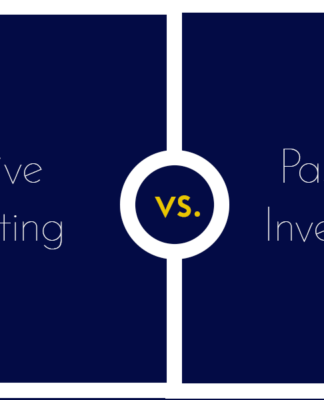Most people understand shares to represent a unit or, well, a share in the ownership of a company. To own shares in a company should then mean that you have certain rights such as to any dividends paid out and to have a say in major corporate decisions. But this is not always the case.
“Companies, public and private, can set up different share classes to consolidate voting rights, and therefore control of the company, for a specific group,” explains Richard Cayne of Meyer International. “Investors need to understand this structure before they put their money into a company, especially if they intend to exercise ownership rights or are concerned about who is in control.”
What are share classes?
As could be assumed by the name, companies create different levels or classes of shares for their company. While every share represents a unit of ownership in the company, different dividends, voting rights, or other rights, such as the ability to transfer shares, can be designated for each share class.
Typically, this is done so that company founders or leadership can maintain control while still being able to raise funds from selling shares. For example, when Google went public, it divvied its shares into three classes. Class A shareholders received one vote per share. Class B shareholders got 10 votes per share. Class C, no votes.
Some may say that as long as they can profit from their shares, either through dividends or by selling shares at a higher price than their purchase price, they aren’t concerned about voting or other rights. However, there are those who argue that allowing those in power to stay in power may cause a company to stagnate or to execute strategies that will only benefit those few at the top. And this may ultimately affect the overall share value, of every class.
Share classes not available everywhere
Structuring a privately held company with share classes is widely accepted in many jurisdictions, but when it comes to publicly listed companies, the rules can be a little stricter. Hong Kong, Singapore, London, and others restrict or discourage share classes, holding on to the “one share, one vote” ideal, but as these exchanges are losing IPOs to US exchanges, things may change.
What does that mean for you? Well, perhaps nothing. But a company that structures their shares into classes may require a little extra scrutiny, if only to ensure that you are buying into the correct share class. Richard Cayne would be happy to discuss share classes with you to help you decide what investment is right for you.














